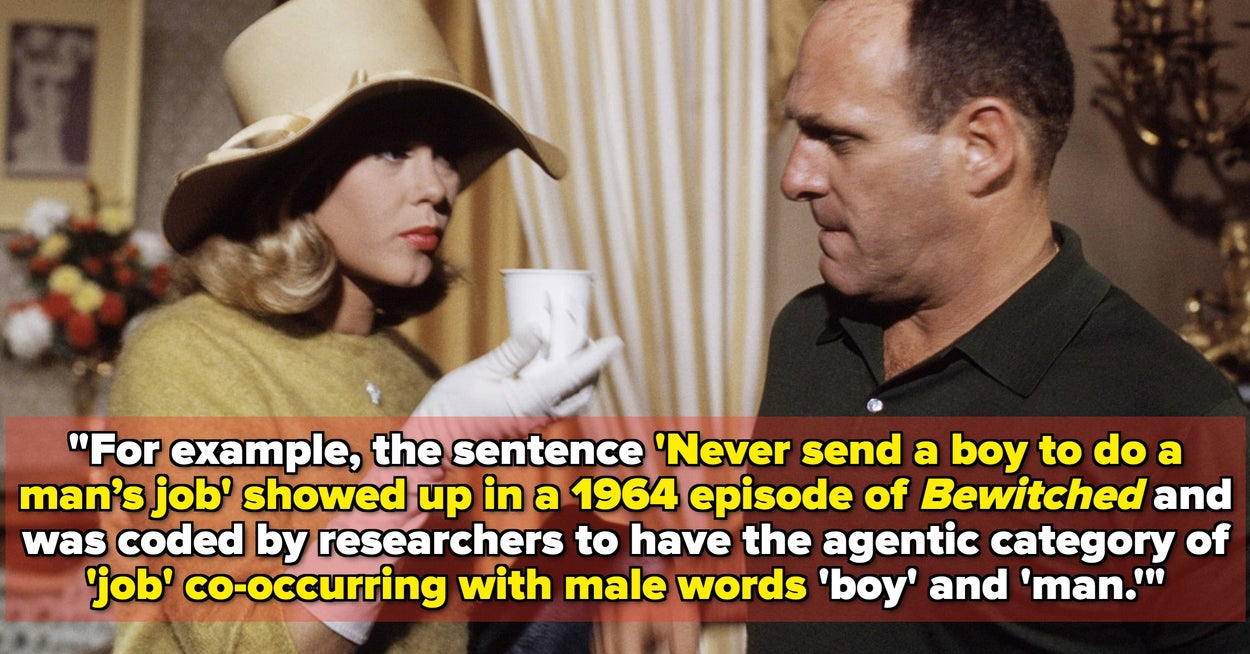
"Researchers found that when pronouns like "he" and words like "boy" appear in sentences, they often turn out to associate boys with agency, victory, or wealth. For instance, one explored sentence was, "Never send a boy to do a man's job." This sentence typifies how language in children's programming reinforces traditional male roles, essentially limiting females to passive roles and confirming gendered stereotypes."
"The presence of female characters in children's television has risen significantly, yet the roles they enact are often passive, particularly when contrasted with their male counterparts. The study indicates that gender biases continue to be ingrained within the scripts, as female characters often lack agency and are depicted in limiting scenarios that do not encourage empowerment."
A study analyzed scripts from 98 children's TV programs in the US from 1960 to 2018, revealing persistent harmful gender biases. Despite increased representation of female characters, their roles often lack agency, relegating them to passive roles while male characters are portrayed as active agents. Language patterns demonstrate that male pronouns and nouns are linked to achievement and power, reinforcing traditional gender stereotypes. These subtle linguistic biases shape children's beliefs about gender roles and leadership, emphasizing the need for critical evaluation of children's media.
Read at BuzzFeed
Unable to calculate read time
Collection
[
|
...
]